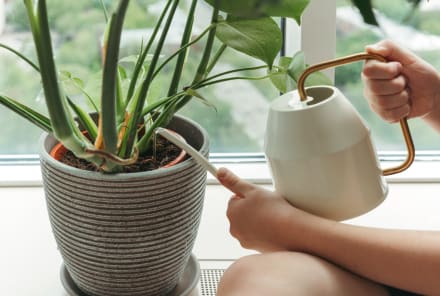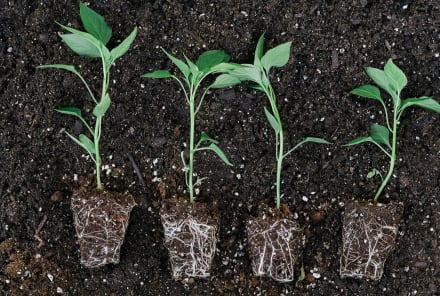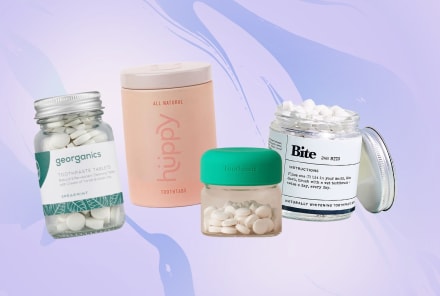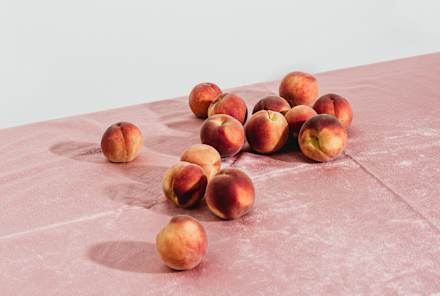Advertisement
4 Reasons To Never Drink Bottled Water Again

As an expert on global water ethics, I believe that water does more than just quench our thirst. The type of water we drink speaks to the type of world we want to live in. Here are four reasons I recommend avoiding plastic water bottles for the sake of your health and the planet.
RELATED STORY: 12 Best Reusable & Sustainable Water Bottles
Plastic bottles pollute our planet (even when they're recycled)
Plastic bottles are resource-intensive to manufacture, fill, and ship around the globe, so each one comes with a hefty carbon footprint. Not to mention, considering the troubled state of the recycling industry in the U.S., it's exceedingly difficult to tell whether your plastics are actually being properly recycled. The ones that aren't recycled are extremely slow to biodegrade: What you drink in a few minutes can stick around for 1,000 years. The easiest way to ensure that plastic water bottles don't end up sitting in a landfill, adding toxins1 into the watersheds and soil, is to avoid them in the first place.
Bottled water isn't necessarily cleaner than tap water (even though it's way more expensive)
The label on your bottled water may depict a peaceful mountain stream, but that doesn't mean the water inside is pure and pristine. According to a report by the Natural Resources Defense Council (NRDC), 25% of bottled water is sourced from...the tap. It's just filtered or radiated before being sold at a substantial price markup. Moreover, traces of phthalates, mold, trihalomethanes, and arsenic have all been found in bottled water over the years. Only relatively recently did the FDA start regulating bottled water for E. coli2, thanks to advocacy by the NRDC.
Plastic bottles (even BPA-free ones) can leach chemicals into your water
Bottled water companies increasingly use BPA-free plastic, but other potentially harmful chemicals are still present in plastic bottles, and they can leach into water if exposed to heat or left to sit for long periods of time. Some of these chemicals are possible endocrine disrupters3 that could mess with hormone levels in the body.
It's easier than you think to take back the tap
From CSAs and farmers markets to trendy farm-to-table restaurants, local food is everywhere these days. And guess what? That local food is grown and cooked with...local water! Water is an integral (but invisible) part of every sustainable, healthy food system, so it's something we should all be appreciating more.
With that being said, tap water is far from crystal clear in many parts of the country. The first step in nixing plastic bottles is finding out the state of your tap water. To do so, I recommend this helpful resource from the Environmental Working Group that shows you the chemicals in your municipal water supply and provides advice on the purification system that's right for your area.
Once you're equipped with that information, you can filter your own water and store it in one of the many durable, reusable water bottles on the market these days. (Just look for ones that are BPA-free.)
The only thing left to do after that is remember your bottle as you're jogging out the door. But if "keys, wallet, yoga mat" are on your mental checklist anyway, what's one more item?
When you ditch disposable bottled water, you save money, live healthier, and join a movement for global sustainability.











